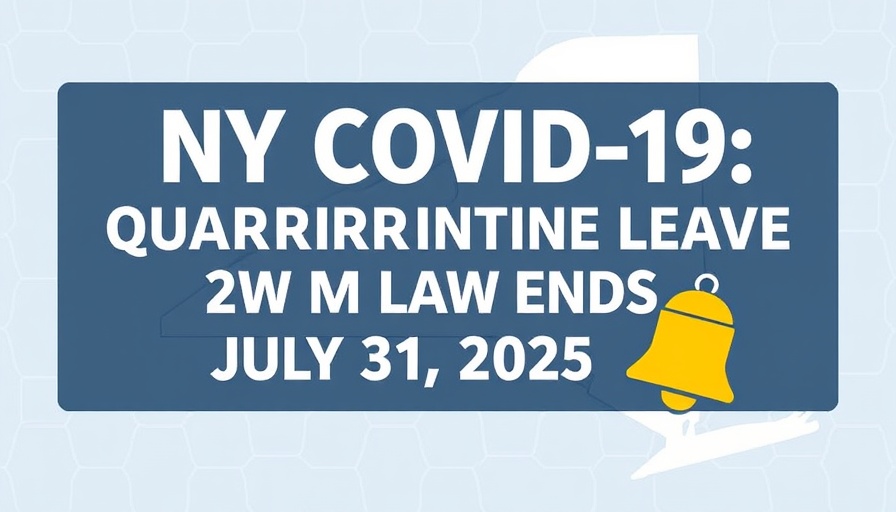
Understanding the OT Lawsuit Against Charter
The ongoing legal dispute between Charter Communications and its former employee highlights significant concerns surrounding overtime pay. The employee claims that their overtime lawsuit is based on unpaid wages owed for hours worked beyond the standard 40-hour week. However, Charter argues that the claim lacks sufficient detail, raising questions about compliance with labor laws.
Implications for HR Compliance Officers
For HR compliance officers, this case serves as a reminder of the critical importance of robust record-keeping and transparency in wage practices. Accurate employee time tracking is essential under wage laws and EEOC guidelines. Failure to document hours worked can lead to potential lawsuits, which not only affect the organization’s reputation but can also result in financial penalties.
The Importance of Clear Remote Work Policy
As many employees transition to remote work, developing a clear and enforceable remote work policy becomes increasingly important. Regulations governing overtime can differ from state to state, making it vital for companies to provide explicit guidelines that comply with employment regulations. Ensuring that employees understand their rights, including compensation for overtime, can mitigate disputes.
What Organizations Can Learn from This Suit
This lawsuit serves as a critical case study for businesses, particularly about hiring bias and pay transparency. By prioritizing clear communication regarding pay structures and employee rights, organizations can foster a culture of trust and compliance. Additionally, being proactive in policy updates can help manage workplace investigations effectively, reducing the likelihood of similar disputes in the future.
In conclusion, the ongoing lawsuit against Charter reflects broader trends in workplace management and compliance. Given the ever-evolving landscape of labor laws, it's crucial for employers to stay informed and adapt their policies accordingly to prevent legal challenges. Adopting proactive measures related to wage transparency and employee education will not only benefit employees but also enhance overall organizational integrity.
 Add Row
Add Row  Add
Add 




Write A Comment